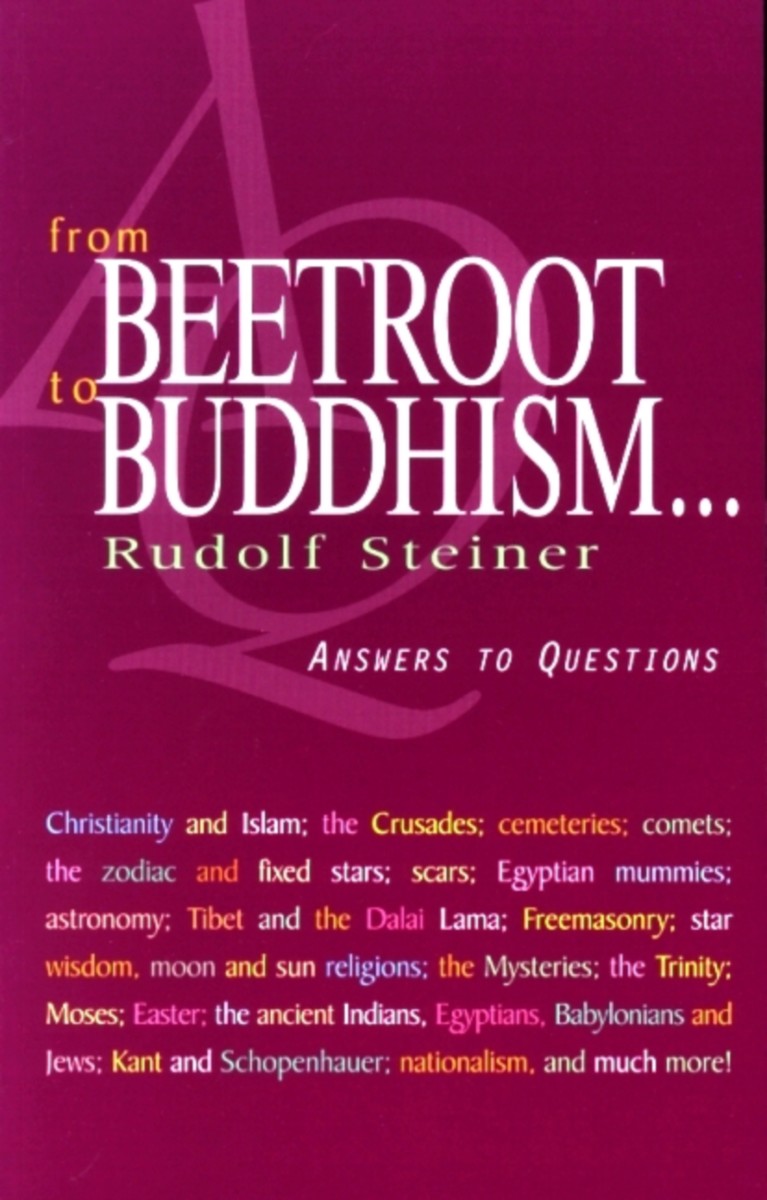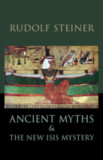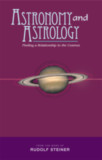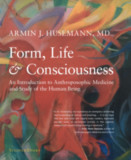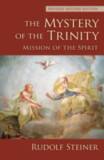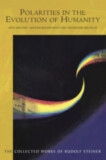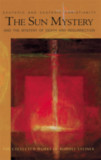- Publisher
Rudolf Steiner Press - Published
1st December 1999 - ISBN 9781855840621
- Language English
- Pages 304 pp.
- Size 5.5" x 8.5"
16 discussions, Dornach, March 1 – June 25, 1924 (CW 353)
“[These discussions were] intended for a particular group of people, and Rudolf Steiner spoke off the cuff, in accord with the given situation and the mood of the workmen at the time...the very way in which he spoke had a freshness and directness.” —Marie Steiner
Remarkable, entertaining discussions between Rudolf Steiner and workers at the Goetheanum in Dornach, Switzerland. The varied subject matter was chosen by the audience. The astonishing insights, knowledge, and spiritual depth of his responses to the questions is testimony to his outstanding ability as a spiritual initiate and profound thinker.
Topics include Christianity and Islam; Egyptian mummies; astronomy; Tibet and the Dalai Lama; Freemasonry; Moon and Sun religions; the mysteries; the Trinity; Moses; Easter; the ancient Indians, Egyptians, Babylonians, and Jews; Kant and Schopenhauer; nationalism, and more.
This volume is a translation of German from Die Geschichte der Menschheit und die Weltanschauungen der Kulturvölker (GA 353).
C O N T E N T S:
1. Discussion of March 1, 1924: Effects of cemetery atmosphere on people; how the ancient Indians, Egyptians, Babylonians, and Jews saw life
2. Discussion of March 5, 1924: Aspects of human life that are not physical; Greek culture and Christianity
3. Discussion of March 8, 1924: Christianity coming into the world of antiquity and the mysteries
4. Discussion of March 12, 1924: Star wisdom, Moon, and Sun religions
5. Discussion of March 15, 1924: What did Europe look like at the time when Christianity spread?
6. Discussion of March 19, 1924: The Trinity; three forms of Christianity and Islam; the Crusades
7. Discussion of March 26, 1924: Past and more recent ideas of the Christ
8. Discussion of April 12, 1924: Easter
9. Discussion of April 26, 1924: How scars develop; the mummy
10. Discussion of May 5, 1924: Creating an astronomy based on the science of the spirit
11. Discussion of May 10, 1924: The Sephiroth Tree
12. Discussion of May 14, 1924: Kant, Schopenhauer, and Eduard von Hartmann
13. Discussion of May 17, 1924: Comets and the solar system; the zodiac and the rest of the fixed stars
14. Discussion of May 20, 1924: Moses; decadent Atlantean civilization in Tibet; Dalai Lama; how can Europe spread its culture in Asia? British and Germans as colonial powers
15. Discussion of June 4, 1924: Nature of the Sun; origins of Freemasonry; sign, handshake, and the word; Ku Klux Klan
16. Discussion of June 25, 1924: Man and the hierarchies; ancient wisdom lost; The Philosophy of Spiritual Activity
Rudolf Steiner
Rudolf Steiner (b. Rudolf Joseph Lorenz Steiner, 1861–1925) was born in the small village of Kraljevec, Austro-Hungarian Empire (now in Croatia), where he grew up. As a young man, he lived in Weimar and Berlin, where he became a well-published scientific, literary, and philosophical scholar, known especially for his work with Goethe’s scientific writings. Steiner termed his spiritual philosophy anthroposophy, meaning “wisdom of the human being.” As an exceptionally developed seer, he based his work on direct knowledge and perception of spiritual dimensions. He initiated a modern, universal “spiritual science” that is accessible to anyone willing to exercise clear and unbiased thinking. From his spiritual investigations, Steiner provided suggestions for the renewal of numerous activities, including education (general and for special needs), agriculture, medicine, economics, architecture, science, philosophy, Christianity, and the arts. There are currently thousands of schools, clinics, farms, and initiatives in other fields that involve practical work based on the principles Steiner developed. His many published works feature his research into the spiritual nature of human beings, the evolution of the world and humanity, and methods for personal development. He wrote some thirty books and delivered more than six thousand lectures throughout much of Europe. In 1924, Steiner founded the General Anthroposophical Society, which today has branches around the world.


